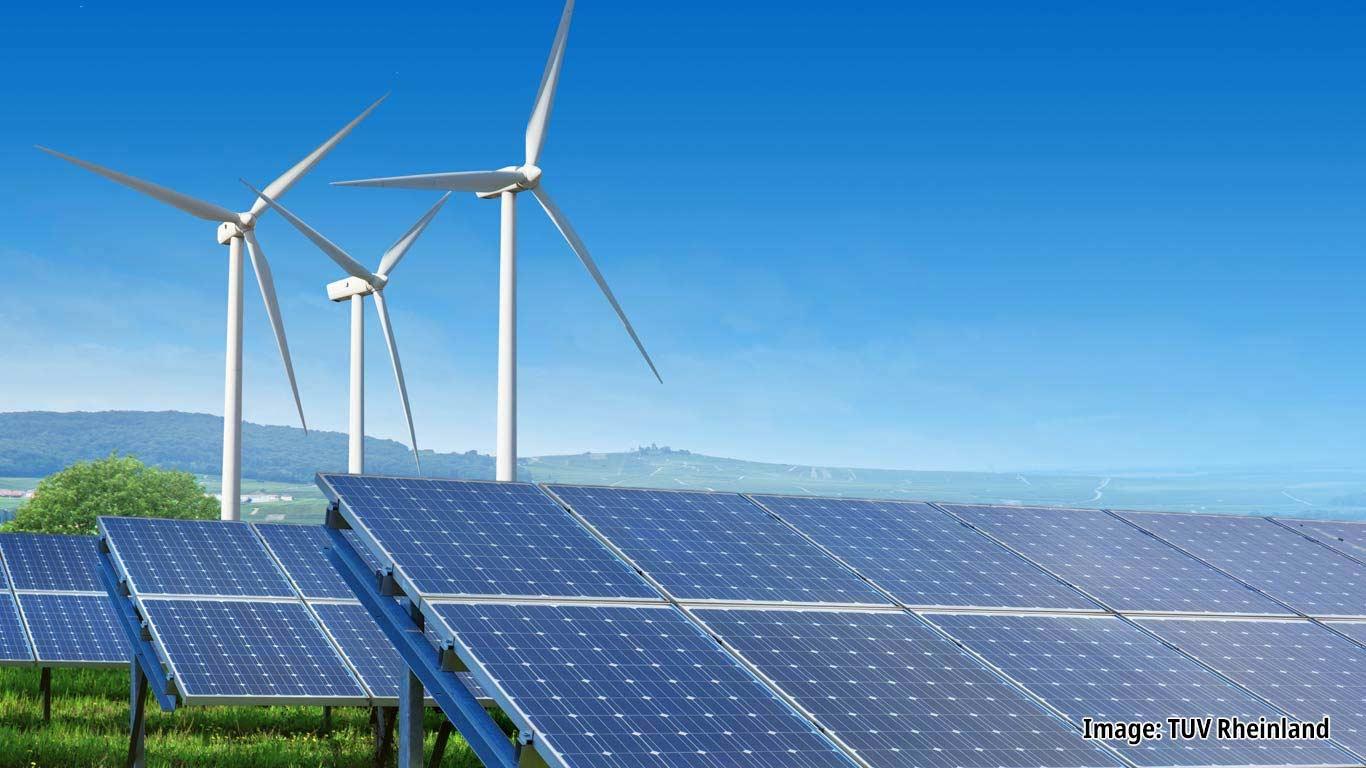
India's 500 GW Renewable Target By 2030 May Trigger USD 30 Bn Annual Solar Imports: GTRI
This surge in imports may further heighten the country's dependence on Chinese goods, as China currently dominates the global solar manufacturing landscape.
The report highlights that India has made significant strides in solar capacity installation, reaching 90.8 GW by September 2023, a dramatic increase from just 2.8 GW in 2014.
However, to achieve the 2030 target, India needs to substantially accelerate its installation rate to 65-70 GW annually, with solar power expected to contribute over 80 percent of the total renewable energy capacity.
In the fiscal year 2023-24, India's solar equipment imports amounted to USD 7 billion, with China supplying 62.6 percent of the total. The country's reliance on imports extends across the solar manufacturing value chain, from polysilicon to finished modules.
Ready-to-use solar modules accounted for USD 4.4 billion of imports, while solar cells and other essential components such as inverters, cables, and transformers contributed USD 1.9 billion and USD 1 billion, respectively.
GTRI Founder Ajay Srivastava noted that while initiatives like the production-linked incentive (PLI) scheme aim to boost local manufacturing, their impact remains limited due to the heavy reliance on imported inputs.
The report reveals that 90 percent of solar manufacturing in India involves assembling solar modules from imported cells, with only 15 percent local value addition.
To address this challenge, the Indian government has implemented measures such as imposing a 40 percent customs duty on solar modules and a 25 percent duty on solar cells.
However, imports from Vietnam, Malaysia, and Thailand are exempt from these tariffs under the India-ASEAN free trade agreement, provided they meet certain value addition criteria.
The GTRI report suggests several steps to boost domestic manufacturing and reduce import dependence.
These include investing in upstream solar production, expanding the scope of initiatives like the PLI scheme, creating a skilled workforce, and partnering with countries like the US, EU, and Japan to establish large-scale solar manufacturing facilities.
The global shift towards renewable energy, particularly solar power, underscores the importance of developing a robust and self-reliant solar manufacturing industry.
As China currently controls 97 percent of global polysilicon production and 80 percent of solar module manufacturing, countries like India face significant challenges in competing on price and scale.
The report concludes that developing a self-sufficient solar manufacturing industry in India will require substantial investments to create an integrated supply chain, particularly in areas such as polysilicon and wafer production.
Without these efforts, India may continue to face high import costs and struggle to meet its ambitious renewable energy goals.
(KNN Bureau)
Legal Disclaimer:
MENAFN provides the
information “as is” without warranty of any kind. We do not accept
any responsibility or liability for the accuracy, content, images,
videos, licenses, completeness, legality, or reliability of the information
contained in this article. If you have any complaints or copyright
issues related to this article, kindly contact the provider above.


















Comments
No comment